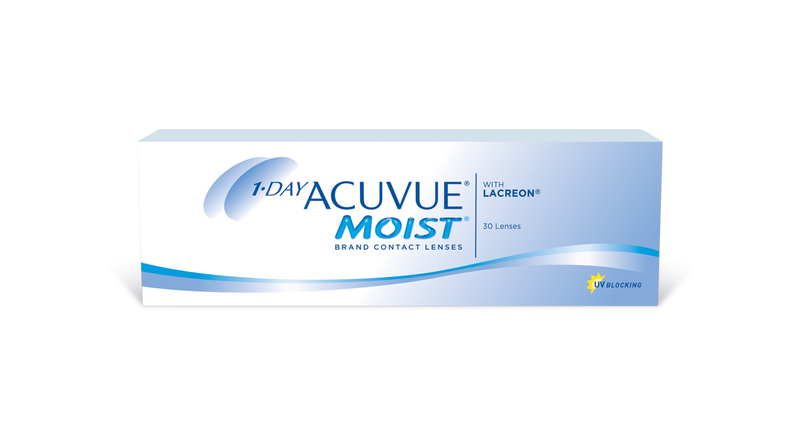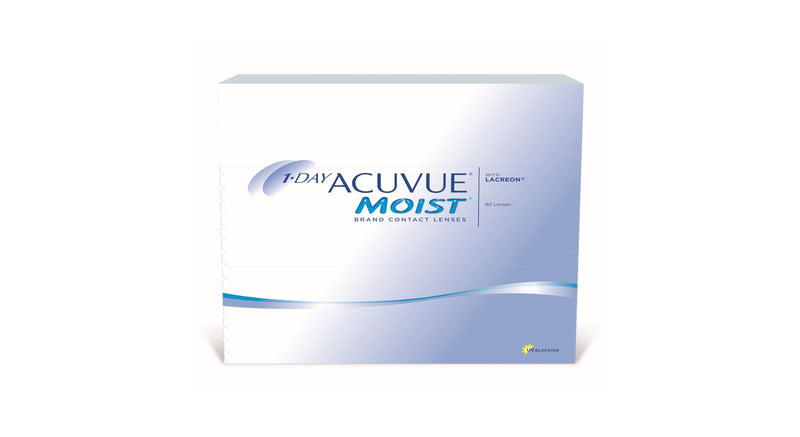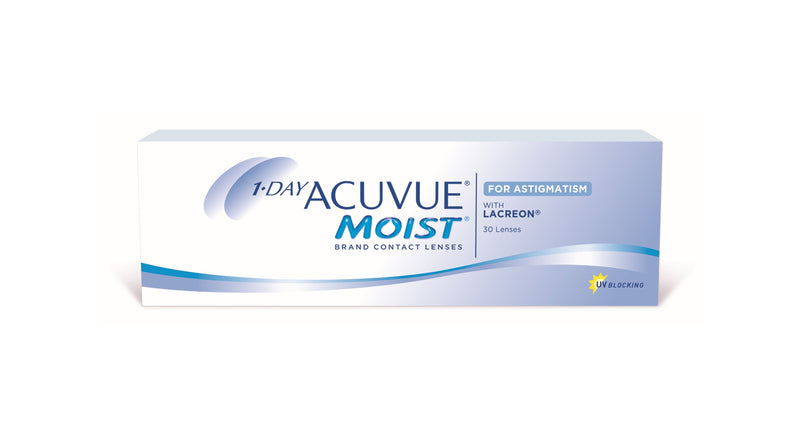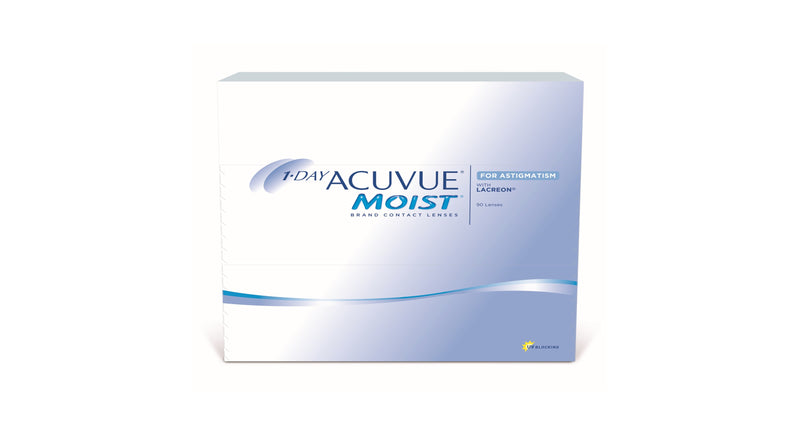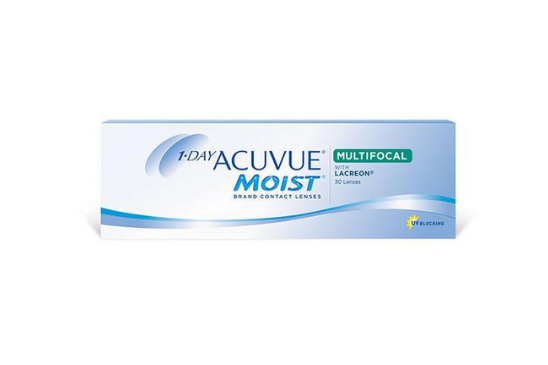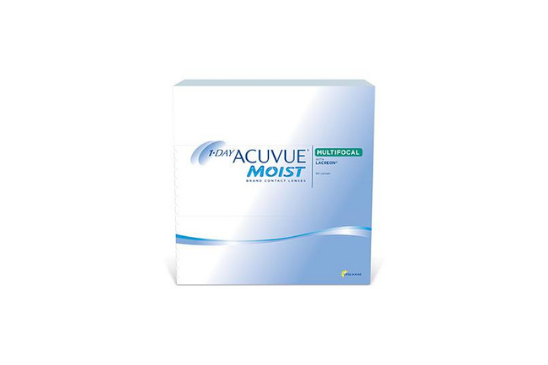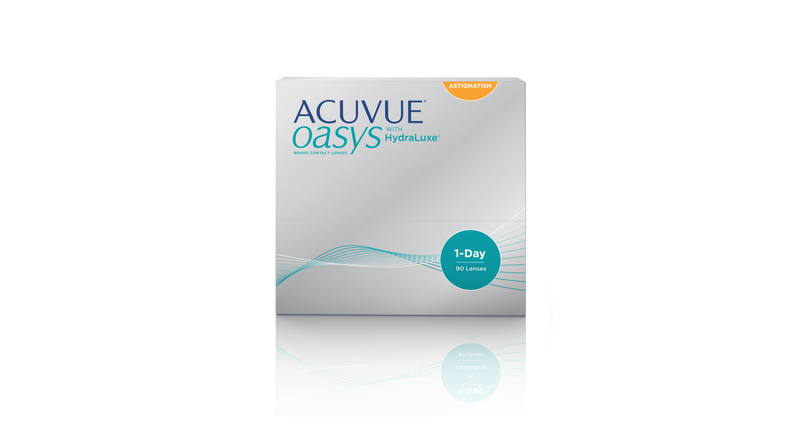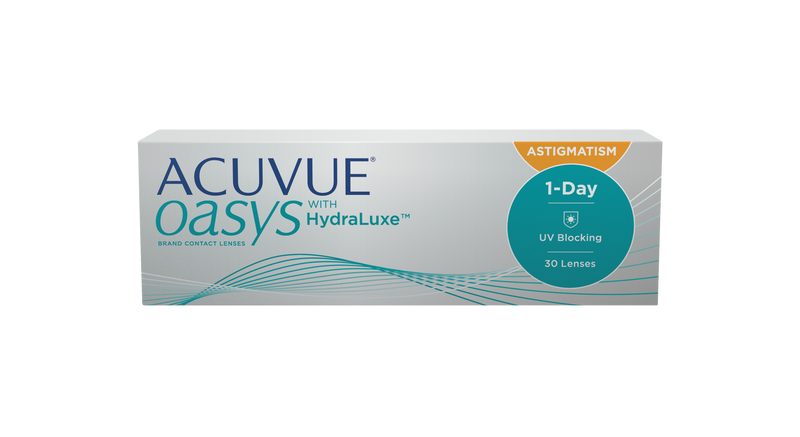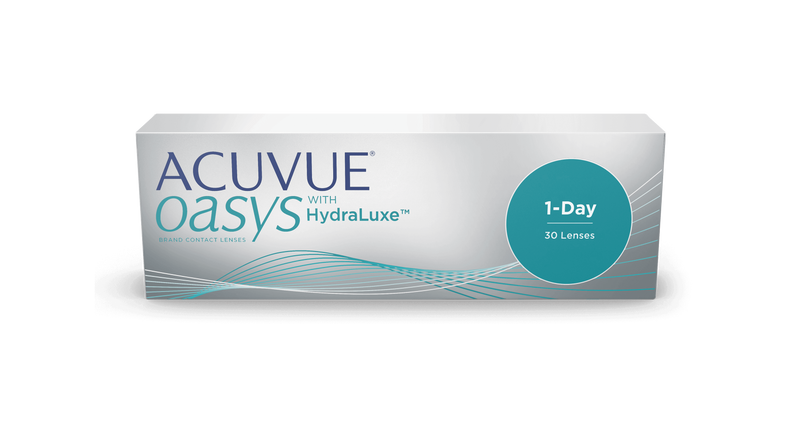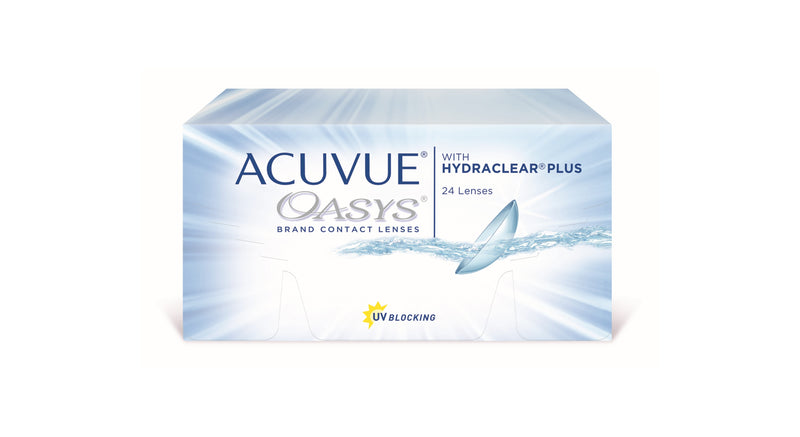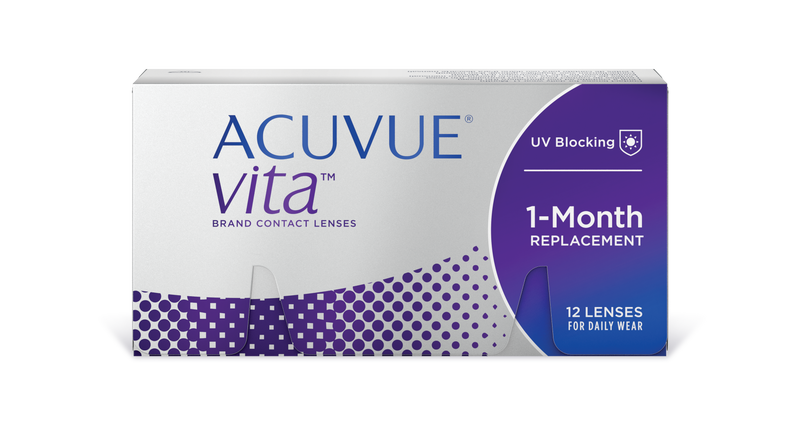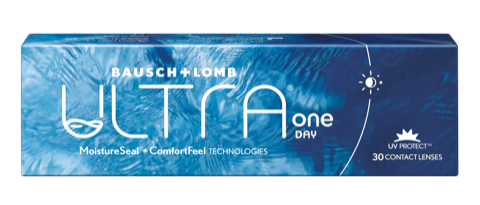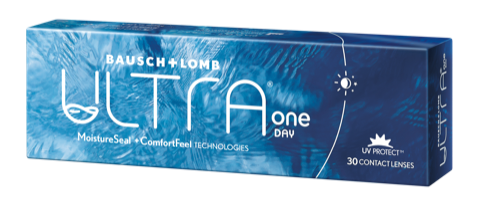Eye Exams
First of all, what exactly is an eye exam? While there are different types, an eye exam is basically a series of tests conducted by an eye doctor or optometrist to evaluate your vision and check for any eye diseases. A routine eye exam is quick, usually checking for any changes in your vision or eye health since your last eye exam. A comprehensive eye exam on the other is a thorough series of tests to evaluate and monitor various aspects of your eye health using a variety of tools.
It’s important to complete these eye exams regularly so that your optometrist can catch any diseases or address any concerns with your eye health early on and can treat them accordingly. Most eye problems or issues can worsen rapidly if left untreated or caught in their later stages.
